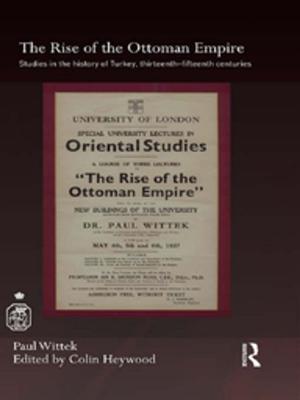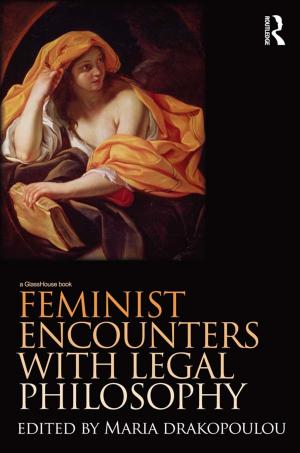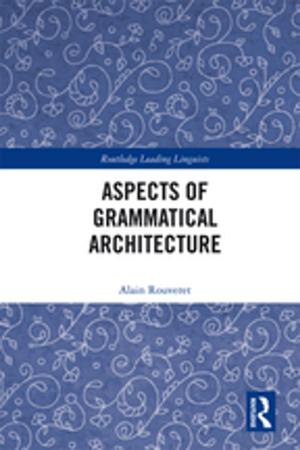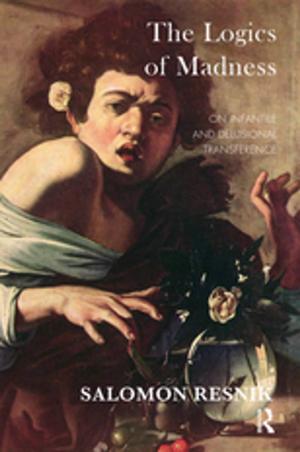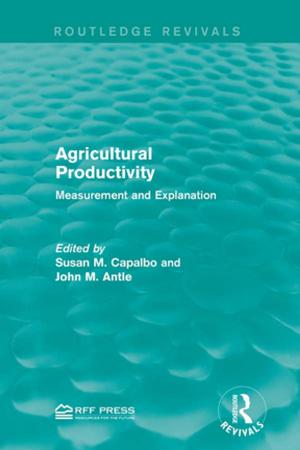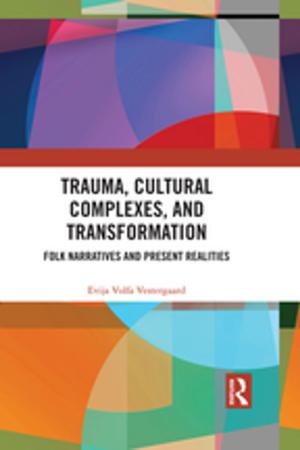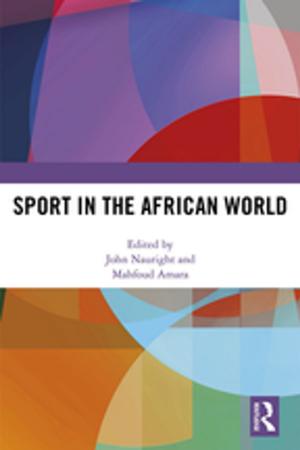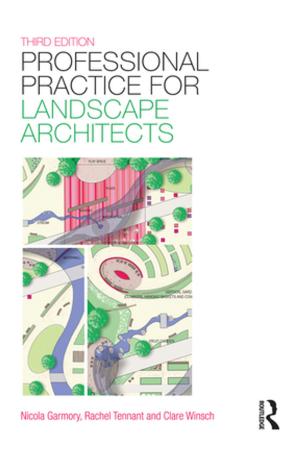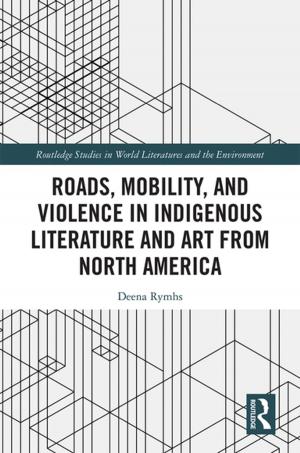Imaginative Methodologies in the Social Sciences
Creativity, Poetics and Rhetoric in Social Research
Nonfiction, Social & Cultural Studies, Social Science, Sociology| Author: | Michael Hviid Jacobsen, Michael S. Drake, Anders Petersen | ISBN: | 9781317118688 |
| Publisher: | Taylor and Francis | Publication: | May 15, 2017 |
| Imprint: | Routledge | Language: | English |
| Author: | Michael Hviid Jacobsen, Michael S. Drake, Anders Petersen |
| ISBN: | 9781317118688 |
| Publisher: | Taylor and Francis |
| Publication: | May 15, 2017 |
| Imprint: | Routledge |
| Language: | English |
Imaginative Methodologies in the Social Sciences develops, expands and challenges conventional social scientific methodology and language by way of literary, poetic and other alternative sources of inspiration, as sociologists, social workers, anthropologists, criminologists and psychologists all rethink, provoke and reignite social scientific methodology. Challenging the mainstream orthodoxy of social scientific methodology, which closely guards the boundaries between the social sciences and the arts and humanities, this volume reveals that authors and artists are often engaged in projects parallel to those of the social sciences and vice versa, thus demonstrating that artistic and cultural production does not necessarily constitute a specialist field, but is in fact integral to social reality. As such, it will be of interest to scholars and students in the social sciences and across the arts and humanities working on the philosophy of social science, methodology, social theory, creativity, poetics, pedagogy and other related topics.
Imaginative Methodologies in the Social Sciences develops, expands and challenges conventional social scientific methodology and language by way of literary, poetic and other alternative sources of inspiration, as sociologists, social workers, anthropologists, criminologists and psychologists all rethink, provoke and reignite social scientific methodology. Challenging the mainstream orthodoxy of social scientific methodology, which closely guards the boundaries between the social sciences and the arts and humanities, this volume reveals that authors and artists are often engaged in projects parallel to those of the social sciences and vice versa, thus demonstrating that artistic and cultural production does not necessarily constitute a specialist field, but is in fact integral to social reality. As such, it will be of interest to scholars and students in the social sciences and across the arts and humanities working on the philosophy of social science, methodology, social theory, creativity, poetics, pedagogy and other related topics.

